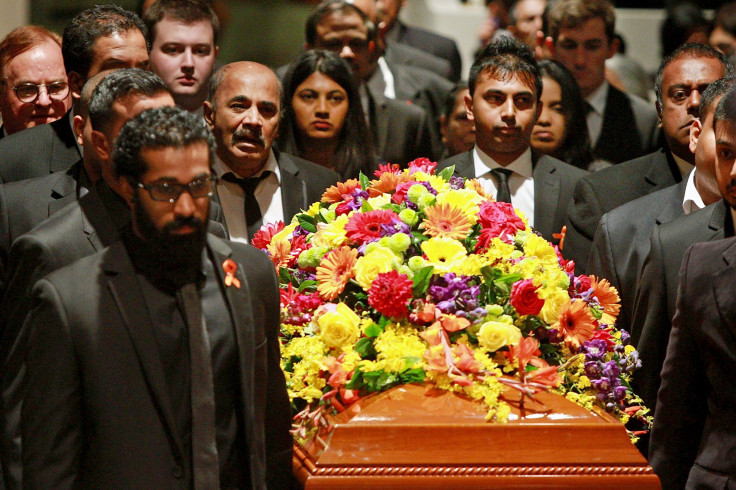Looking back 2015: Five most crucial moments in Australian politics

Australian politics has been on a roller coaster ride in 2015. There were various issues which turned out to be crucial. Here are five of the most crucial moments in Australian politics this year.
Bali Nine execution
In the first quarter of 2015, Australia repeatedly appealed for clemency for Andrew Chan and Myuran Sukumaran, the Australian drug convicts in Indonesia. However, each appeal got rejected by Indonesia.
Indonesian President Joko Widodo paid no heed to Australia’s requests. Nor did he pay any attention to Australia’s warning of potential damage in bilateral relations between the countries.
Even the then PM Tony Abbott’s reference to Australia’s Tsunami funds for the Asian country did not work. Indonesia, which has extremely strict laws against drug convicts, eventually executed the two on April 29.
Australian Knighthood to Prince Philip
Queen Elizabeth awarded Australian Knighthood to her husband, Prince Philip. In 2014, Abbott restored Australia’s system of knights and dames, which had been abolished in 1986. Abbott’s decision to offer an Australian knighthood to a foreign prince was highly criticised.
“The straw that broke that poor Camel was Prince Philips Knighthood,” one reader wrote about Abbott on The ABC.
Abbott’s decision to give the knighthood to the prince was one of the several reasons people grew bitter about his leadership.
Free Trade Agreement with China
Australia signed an FTA with China in June. The China-Australia Free Trade Agreement, aka ChAFTA, promises Australian business “enormous opportunities,” according to the government. The Senate passed the ChAFTA legislation in November.
“Entry into force this year will see an immediate round of tariff cuts, followed by a second round of cuts on 1 January 2016, allowing the benefits of the agreement with China to flow quickly through to Australian exporters and consumers,” Trade and Investment Minister Andrew Robb says in a media release.
Malcolm Turnbull’s victory
Turnbull defeated Abbott in a dramatic leadership ballot in September to become the 29th prime minister of Australia. He also became Australia's fifth prime minister in just over five years.
Turnbull called for Abbott to be dumped as prime minister. He said the party needed "a style of leadership that respects the people's intelligence."
Liberal MPs gathered at Parliament House on Sept. 14 to select their leader for the next election. Chief whip Scott Buccholz later announced Turnbull had defeated Abbott 54-44.
Turnbull’s national security statement
For the first time as a prime minister, Turnbull delivered the national security statement on Nov. 24. Amid the growing concern about ISIS and other terrorist organisations, Australia needed reassurance for national security.
He said ISIS had been “halted” in Iraq where Australia is an integral part of the US-led coalition against the extremist forces.
“The 60 nation-strong coalition’s objective is to disrupt, degrade and ultimately to defeat ISIL (ISIS),” Turnbull said. “Australia’s servicemen and women are making a significant contribution to the Coalition campaign and we will continue to support our allies as our strategies evolve in what is likely to be an extended campaign.”
Contact the writer at feedback@ibtimes.com.au, or let us know what you think below.





















